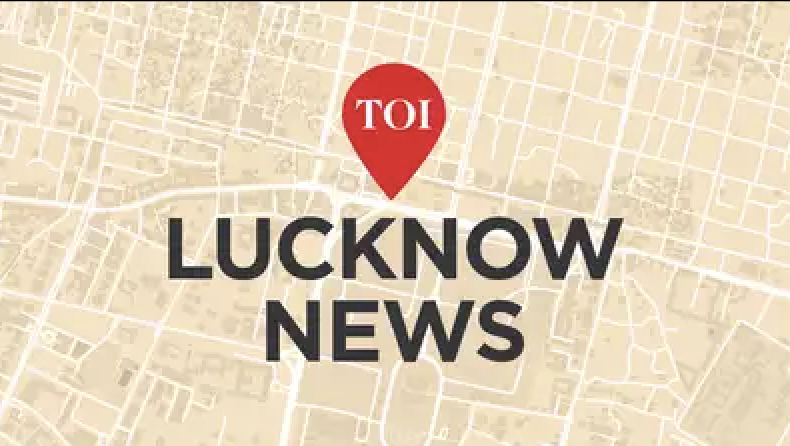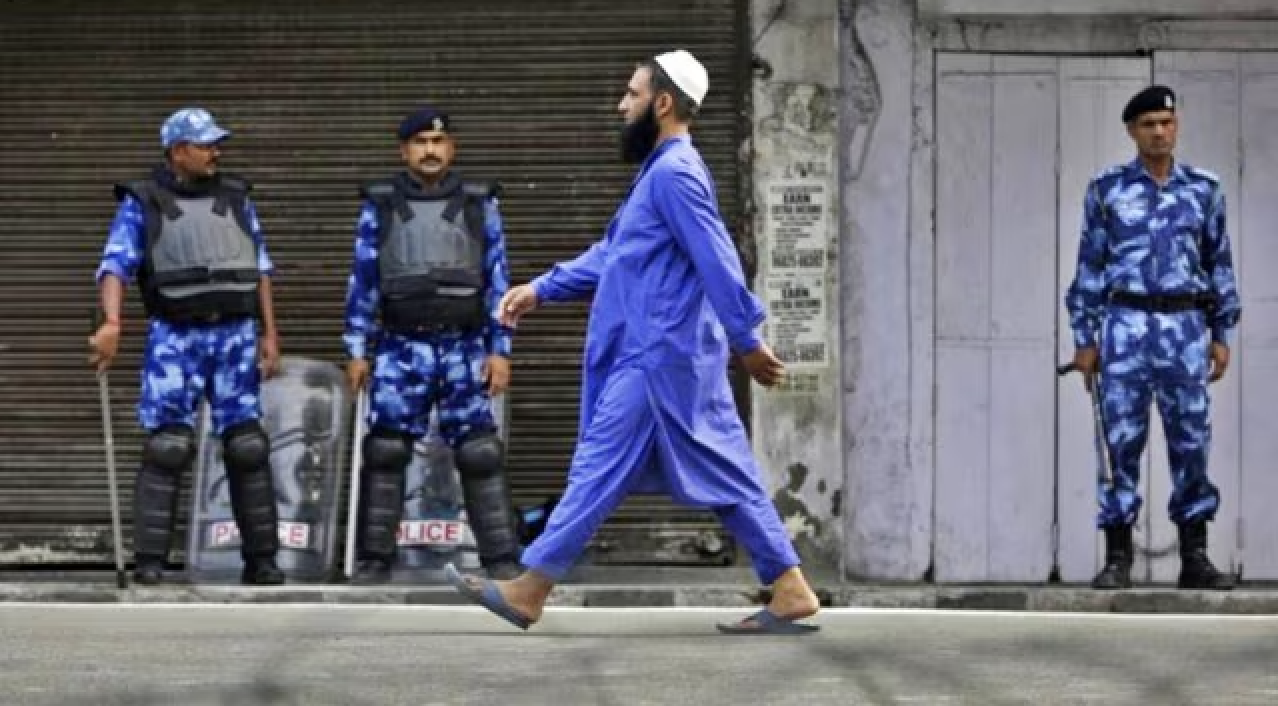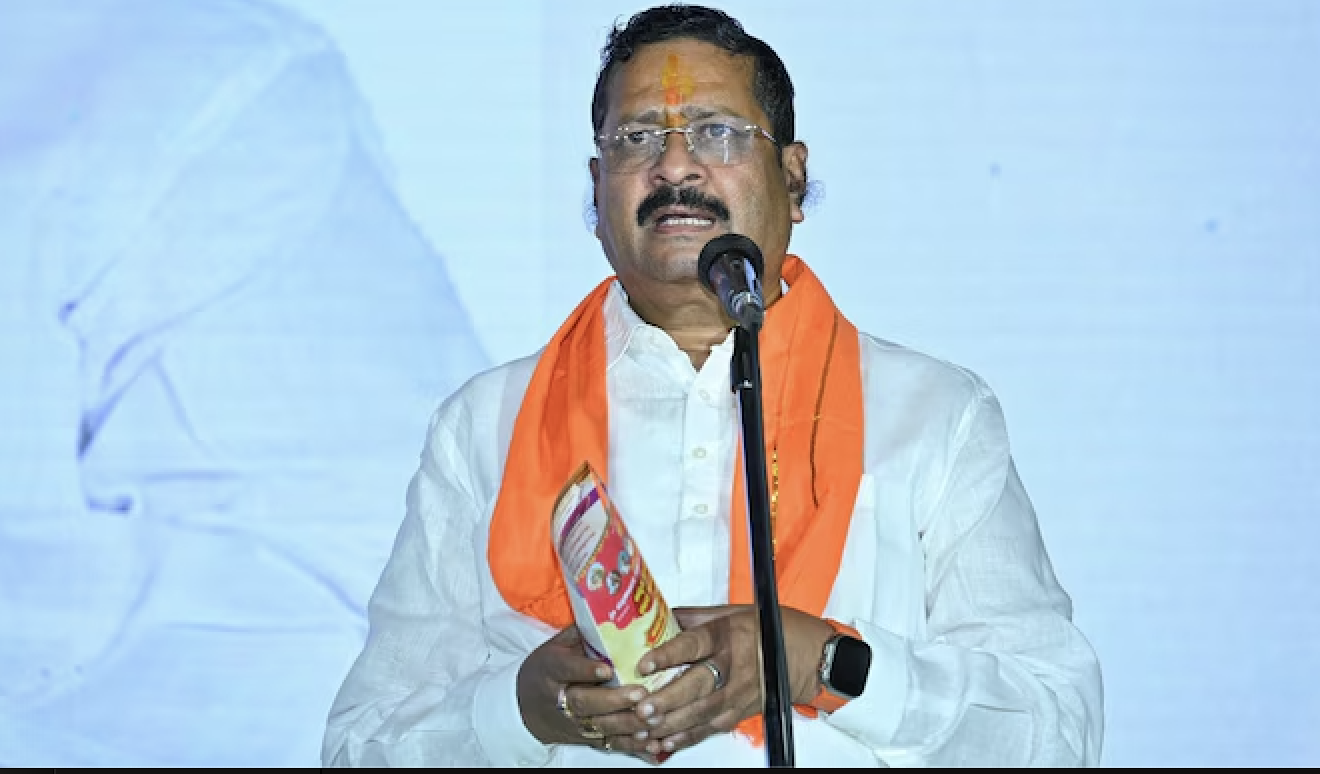
New Delhi: The National Alliance of Journalists (NAJ) and the Delhi Union of Journalists (DUJ) in a joint statement on Saturday, January 28, condemned the draft amendments to the Information Technology Rules, 2021 and the use of emergency powers by the Union government to block attempts to air the BBC documentary on the 2002 Gujarat riots.
In a joint statement, DUJ president, S.K.Pande, and general secretary, Sujata Madhok; NAJ secretary general N. Kondaiah; and Andhra Pradesh Working Journalists Federation (APWJF) general secretary G.Anjaneyulu stressed that the Press Information Bureau (PIB) cannot be turned into a “Police Information Bureau” to curb the media, as was done during the Emergency.
According to the draft amendment, any news that has been deemed “fake” by the Press Information Bureau’s fact-checking unit will have to be taken down by all platforms, including social media platforms, the ministry of electronics and IT (MeitY) said in a draft amendment to the Information Technology Rules, 2021.
“PIB’s role should continue to be that of providing government news to the media. It cannot be tasked with monitoring and censoring the media and identifying as ‘fake news’ any information inconvenient to the government,” the statement said.
Describing it as “regrettable”, the journalist bodies alleged that the PIB, under the control of the information and broadcasting ministry, today is living up to its old reputation, under the British Raj, as a wartime organisation intended to screen the news coming from various theatres of war, rather than a Press Information Bureau (PIB).
“It is the job of PIB to facilitate media persons’ access to official information. It is shocking that PIB has reportedly refused on some occasions to provide even accredited special correspondents the information they seek on government matters” the statement added.
This story was originally published in thewire.in . Read the full story here






